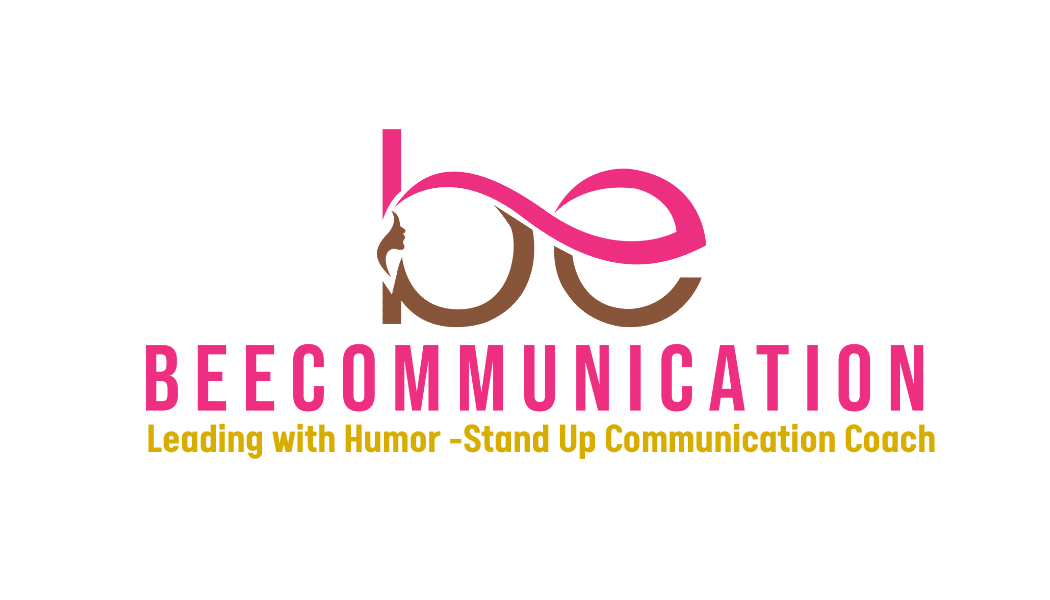What is Code-switching?
Code-switching occurs often between speakers of two languages or more. It also occurs within a language. There is two ways I’d like to present for code-switching.
One is an embedded language within our mother language or matrix language. The matrix language may not be your mother tongue but the target language of work or society which you have to speak to get things done.
Code-switching happens when you speak the two languages at the same time, embedding one language in the other. Here are several ways you can code-switch between two languages.
For example: We are sehr glucklich fur dich. Embedded language
We begin speaking English and perhaps we are aware we are code-switching or we may do it without realizing that is what we are doing.
We can use a second or other language to define or explain:
I’m trying to remember; I’m using a memory aide we call such memory aides an Aselbruecke.
We can use our second language for tag switching:
Her name is Angel, nicht wahr?
Non-native speakers may code switch to be a bridge when they are at a loss for a word in the target language.
In German we would say, “Probe” I can’t think of the English translation. Is it rehearsal or test?
We can use it to speak emotionally:
This isn’t right, Mensch!
It may be an inclusive gesture. When you speak, like I do, a few German words, you know to let shopkeepers and restaurant staff know that you respect the language as well as the people.
Gutes Essen! That means good food, right?
We can use code-switching for a poetic function; a joke, a metaphor or saying:
In German we say „Nicht durch die Blumen sprechen“. Do not speak euphemistically.
This is code-switching between languages. Then there is when we code-switch in a register or dialect of a single language.
How do you code-switch with pidgins, dialects and shop talk?
When code-switching happens in a single language it may be to use a dialect;
East Coast dialect
“Havad Yad” is how we Yanks say it.
African-American reference
What I want to say is, “We good, Bro?”
LBGT attitude
“Girl, you do you,” I’m sure that’s what she wants to say.
Or in your team, or group you may have created your own code words, and references that you can embed in your speech. “He’s got a good reach.” A large blog audience.
Why does code-switching occur?
Code-switching happens in any situation where the speaker switches from one vocabulary or language style to another style to communicate a message they perhaps feel isn’t easy or apt to say in the matrix language.
We code-switch to include people into our group or conversation, to show solidarity for a group or to exclude a group or person.
We code-switch all the time. Most of us wouldn’t use the same words with our best friend that we would use with our boss. African Americans have learned to code-switch for survival. How many times have we seen now in videos, interviews for jobs or homes, that if you sound “too black” you won’t even be considered by some associations or people? Also, different dialects or pidgins are considered to be used by people who are intellectually inferior. Why do we still speak them? For some people it is a sign of rebellion, or they believe this is as legitimate language style and makes you sound not too far from the neighborhood that perhaps financially you no longer belong to.
You may use this speaking style for emotion while you would only use standard English when you speak to police or with coworkers. If you slip into street talk, slang, or a heavily accented pidgin you will be stereotyped as “refugee”, “ghetto (hoodbilly) or trailer (hillbilly)” or “ignorant”. It is the wrong audience and so many people, black, white or foreign have learned how to code-switch so you can’t really tell where they are originally from unless they want you to know.
To flip from one language or language style to another can show solidarity for a group. Code-switching is also used to exclude people from the conversation if there is something you want to say that you don’t want others in your group to understand.
What is not code-switching?
If you don’t know the language well enough to use it as a second language and must rely on your mother tongue to complete a sentence; that is code-mixing or interference. If you are not achieving your goal of communication then it is possible that you are having a communication breakdown. If you do not understand what is being said, or you can not convey your message then you are not effectively code-switching. You are not code-switching if your message is not getting across to your speech partner or they do not understand the code you are using.

